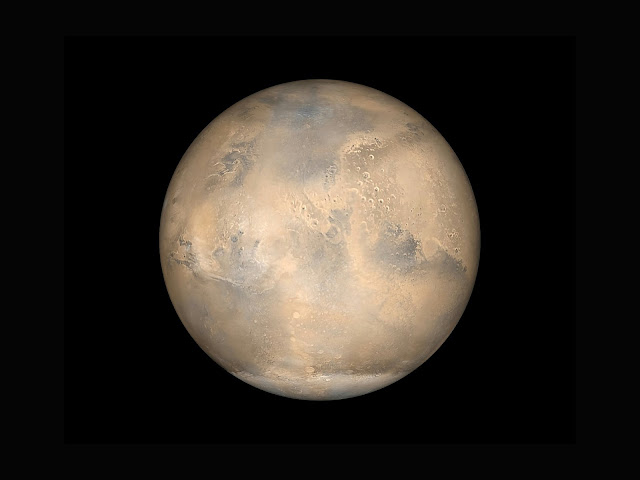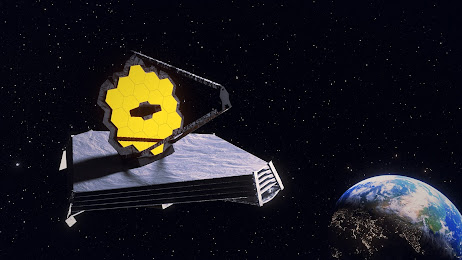Can We Live On Mars
In the vast expanse of our solar system, Mars stands as a tantalizing frontier, beckoning humanity with the promise of exploration and potential colonization. With its rusty red surface and enigmatic history, the Red Planet has captured the imagination of scientists, engineers, and dreamers alike. But as we contemplate the possibility of living on Mars, we must also confront the myriad challenges that such a venture entails.
Can We Live On Mars
Mars, though Earth-like in many respects, presents a hostile environment for human habitation. Its thin atmosphere, composed mostly of carbon dioxide, offers little protection from the harsh radiation of space. Surface temperatures can plummet to -80 degrees Celsius (-112 degrees Fahrenheit) at the poles and soar to a relatively mild but still challenging 20 degrees Celsius (68 degrees Fahrenheit) at the equator.
The lack of a magnetic field means that the planet's surface is bombarded by cosmic rays and solar winds, posing a significant health risk to potential inhabitants. Furthermore, the Martian soil is rich in perchlorates, which are toxic to humans and can interfere with the growth of crops. Many space agencies are now working on this mission to get ourselves into the mars
The Challenges of Shelter and Life Support
One of the most immediate challenges in colonizing Mars is providing suitable shelter and life support systems for human inhabitants. Habitats must be designed to withstand the extreme temperatures and radiation exposure while also providing a breathable atmosphere and protection from micrometeoroids. With all these challenges there's also a question arise that how long does it take to get to Mars ?
Life support systems must be carefully engineered to recycle air, water, and waste in a closed-loop system, mimicking the self-sustaining ecosystems found on Earth. This necessitates advanced technology and efficient resource management to ensure the long-term viability of human settlements on Mars.
Can We Live On Mars
- Sustainable Food Production
Another critical aspect of Martian colonization is establishing sustainable food production systems. The Martian surface is barren and devoid of the nutrients necessary for plant growth, requiring innovative solutions to cultivate crops in the harsh regolith.
Hydroponic and aeroponic farming techniques show promise in this regard, allowing plants to grow without soil by providing nutrients directly to their roots. However, these systems require a reliable source of water, which is scarce on Mars.
One potential solution is to extract water from the Martian subsurface or harvest it from the polar ice caps, but both methods present significant technical challenges and require extensive infrastructure to implement.
Can We Live On Mars
- Transportation and Logistic
Transporting humans and cargo to Mars is a monumental logistical challenge that requires careful planning and coordination. The journey itself takes several months, during which astronauts are exposed to the dangers of space travel, including cosmic radiation , pollution and microgravity.
Once on Mars, resupply missions from Earth may be infrequent and costly, necessitating the development of in-situ resource utilization (ISRU) techniques to produce essential supplies locally. This could include extracting water, oxygen, and building materials from the Martian environment, reducing the dependence on Earth for sustenance.
- Psychological and Social Considerations
Beyond the technical challenges, colonizing Mars also raises profound psychological and social considerations. Living in isolation and confinement on a distant planet for extended periods can take a toll on the mental well-being of inhabitants, leading to feelings of loneliness, depression, and anxiety.
Maintaining a sense of community and purpose will be essential for the psychological health of Martian colonists, necessitating careful selection and training of crew members and the establishment of robust support networks. Furthermore, the long communication delays between Mars and Earth could exacerbate feelings of isolation, requiring creative solutions to bridge the gap between the two worlds.
- The Road Ahead
The challenges of colonizing Mars are daunting, but they are not insurmountable. With continued scientific and technological advancements, coupled with international collaboration and collective ingenuity, humanity may one day establish a permanent presence on the Red Planet.
The journey to Mars will require perseverance, resilience, and a willingness to push the boundaries of human exploration. But the rewards—unlocking the mysteries and crashes of our galaxies , expanding the horizons of human civilization, and ensuring the survival of our species—make the endeavor worthy of pursuit.
As we gaze towards the rust-colored horizon of Mars, let us embrace the challenges that lie ahead with optimism and determination, knowing that the greatest adventures await those bold enough to reach for the stars.








Comments
Post a Comment